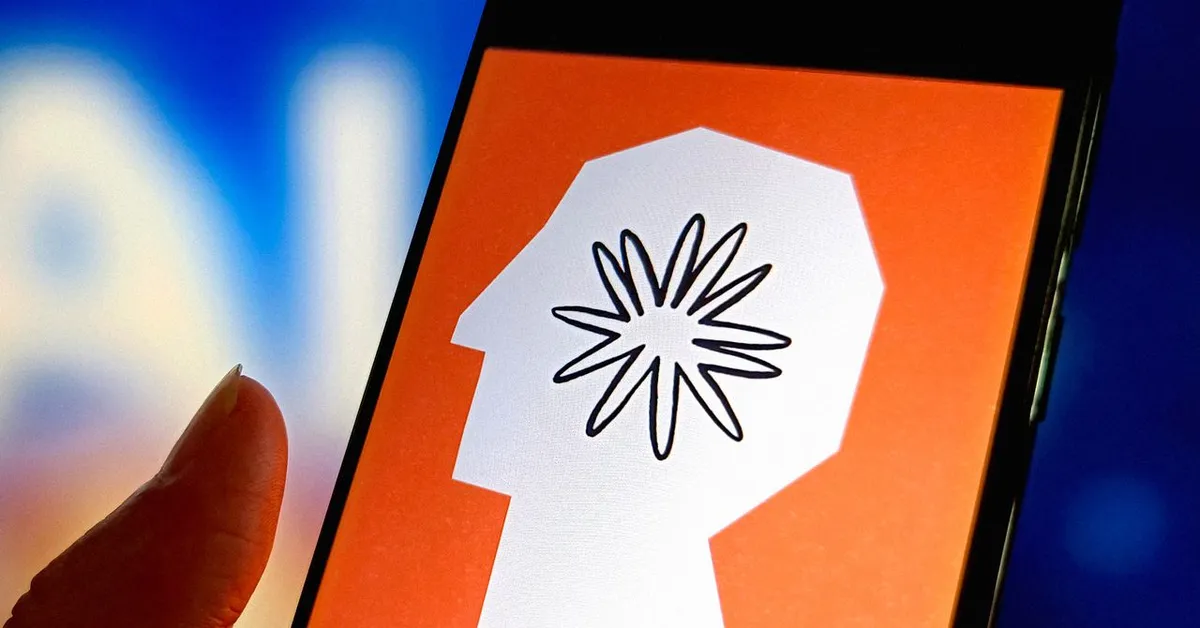
Anthropic has reached a significant legal agreement, agreeing to pay at least $1.5 billion to settle a lawsuit initiated by a collective of book authors alleging copyright infringement. This deal translates to an estimated $3,000 per work, a sum considerably less than what the company could have faced had the case proceeded to trial. Legal experts speculate that if the plaintiffs had won, they could have been awarded damages amounting to billions, with some estimates suggesting totals exceeding $1 trillion.
This settlement marks a historic moment as it is the first class action legal resolution focusing on AI and copyright issues within the United States. The implications of this case may significantly influence how regulators and creative sectors navigate the ongoing legal discussions surrounding generative AI and intellectual property. Justin Nelson, colead plaintiffs’ counsel from Susman Godfrey LLP, stated, “This landmark settlement far surpasses any other known copyright recovery. It is the first of its kind in the AI era, providing meaningful compensation for each class work and setting a precedent that requires AI companies to compensate copyright owners.”
Despite the settlement, Anthropic has not admitted to any wrongdoing or liability. Aparna Sridhar, deputy general counsel at Anthropic, emphasized the company's commitment to developing safe AI systems that enhance human capabilities and foster scientific discovery. She mentioned, “Today's settlement, if approved, will resolve the plaintiffs' remaining legacy claims.”
The lawsuit was initially filed in 2024 in the U.S. District Court for the Northern District of California as part of a broader wave of copyright litigations targeting tech companies over the datasets used to train their AI programs. Authors Andrea Bartz, Kirk Wallace Johnson, and Charles Graeber claimed that Anthropic trained its large language models using their works without obtaining necessary permissions, thus violating copyright law. In a significant ruling this June, senior district judge William Alsup determined that while Anthropic's AI training could fall under the “fair use” doctrine, it had used a collection of pirated books from “shadow libraries,” including the infamous site LibGen.
The ruling by Judge Alsup was a partial victory for Anthropic, but it came with a crucial caveat. He stated that the authors could still pursue a class action lawsuit against the company for pirating their works. "Anthropic downloaded over seven million pirated copies of books, paid nothing, and kept these pirated copies in its library even after deciding it would not use them to train its AI," Alsup noted in his summary judgment. The implications of this ruling highlight the ongoing challenges and responsibilities faced by AI companies regarding copyright infringement.
The literary community's response to this settlement remains uncertain. Given that this was an “opt-out” class action, authors who are eligible but dissatisfied with the settlement terms may request exclusion to pursue their lawsuits independently. Notably, the plaintiffs filed a motion to keep the “opt-out threshold” confidential, meaning the public will not know how many class members would need to opt out for the settlement to be annulled.
Furthermore, this settlement does not conclude Anthropic’s legal challenges. The company is also facing a lawsuit from major record labels, including Universal Music Group, alleging that it used copyrighted lyrics without permission to train its Claude chatbot. The plaintiffs are looking to amend their case to include claims that Anthropic utilized the peer-to-peer service BitTorrent to illegally download songs. Their legal team has expressed intentions to file a new lawsuit regarding piracy if they cannot amend the current complaint.
This story is still developing, and updates will be provided as new information becomes available. For more insights into the evolving landscape of AI and copyright issues, stay tuned.